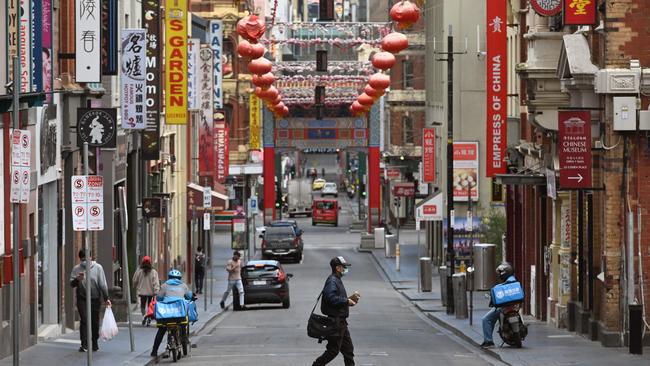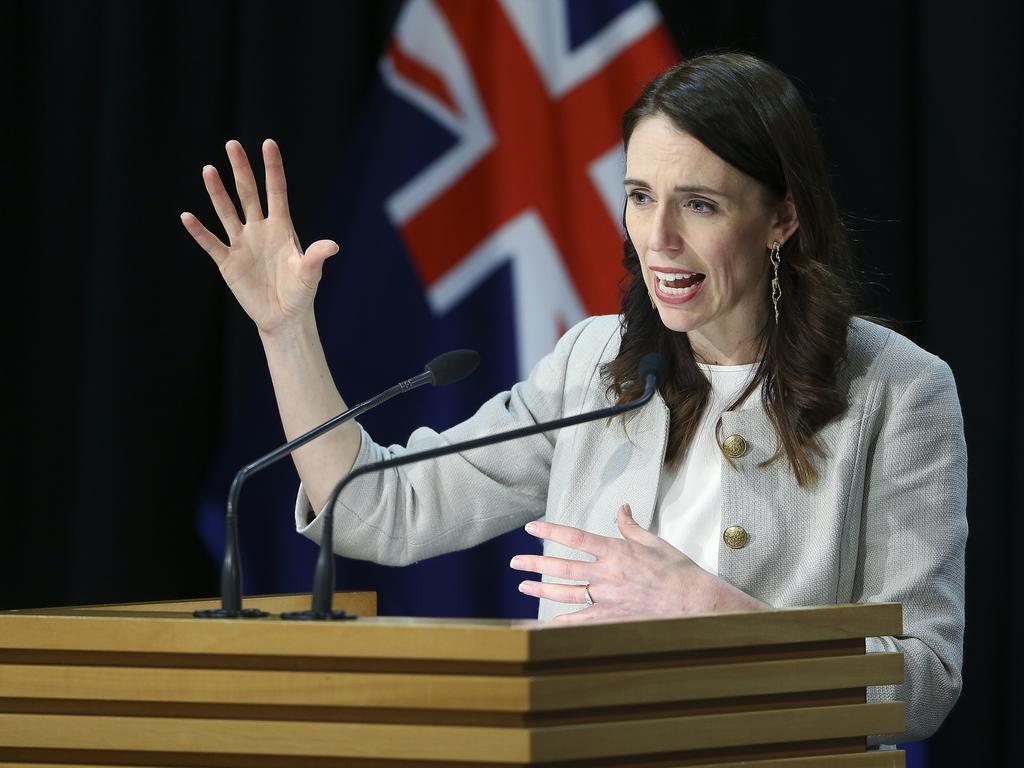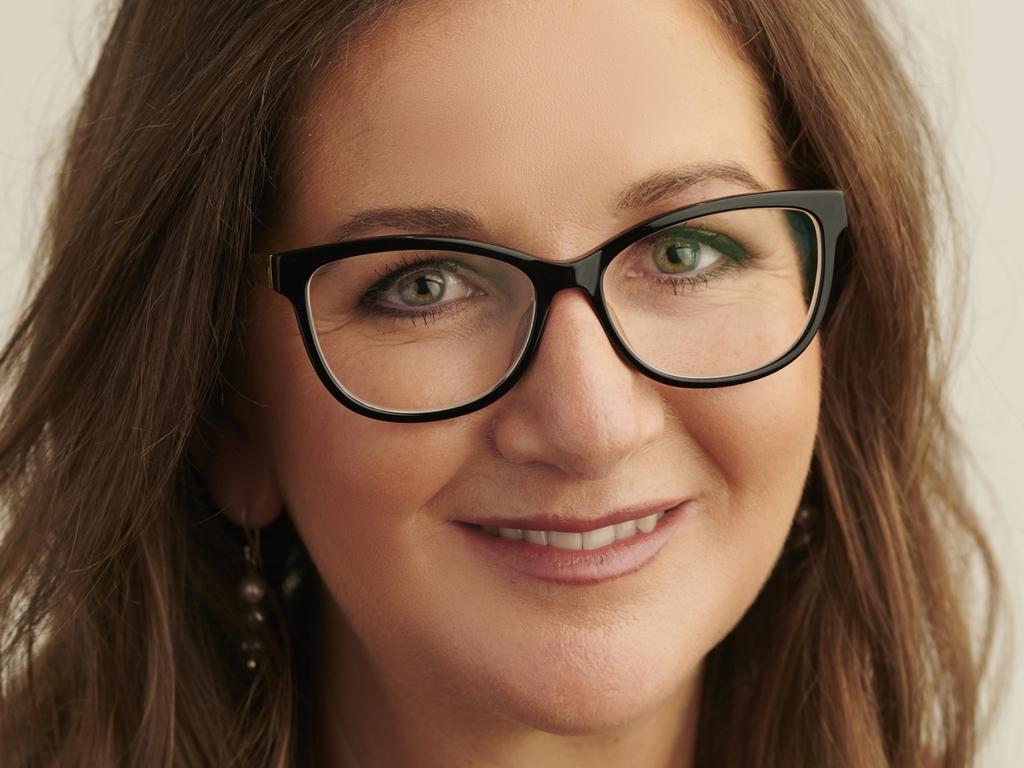How COVID-19 is washing through the economy
Results from the nation’s companies paint a picture of how the COVID-19 pandemic is affecting corporate Australia.

Results from some of the nation’s biggest companies are painting a picture of just how the COVID-19 pandemic is washing through the economy.
Indeed, the behaviour shift of millions of Australians is playing out on corporate accounts. While many industries have suffered a downturn in line with the hit to the economy, others are experiencing unexpected gains.
Insurance giant QBE noted a $US46m drop in claims in Australia in the June half due to lower claims related to motor vehicle insurance, workers compensation and business customers.
QBE said the beneficial impact of reduced traffic volumes on personal motor claims frequency during the COVID-19 lockdown “was returned to customers by way of gift cards”.
However, QBE is bracing for a rush of lenders mortgage insurance claims in the coming year as it tips the unemployment rate to rise to 10.5 per cent and house prices fall by 7.5 per cent.
It is also bracing for some business insurance claims — including trade, credit and travel insurance — from the virus fallout, although it does not pay out on direct pandemic claims.
Globally QBE is expecting a $US600m “ultimate cost” of COVID-19 due to payouts and downturn in business. But chief executive Pat Regan said the pandemic “has also presented an opportunity to rethink our business model and accelerate our digital transformation”.
Treasury Wines reported that the lockdown saw an increase of “in-home wine consumers” during lockdown, with customers flocking to brick and mortar bottle shops and online stores for wine as the number of people drinking at home increased.
However, as consumers turned frugal they switched to “commercial, masstige and lower luxury wines” to drink at home, the company said, with sales of higher-priced wine impacted by the shutdown.
“Higher value luxury wines were negatively impacted by lower consumption — driven in part by the closure of key luxury channels, the reduction in social gathering and social occasions, and lower consumer discretionary spending on luxury products,” Treasury noted in its accounts.
Even though the company said luxury wine volumes would pick up as restaurants reopened, it is operating on an assumption that Australians will be less likely to splash out on special occasions.
“Luxury wine consumption is assumed to progressively return to pre-COVID-19 levels over the course of financial year 2021, but assumed to be below pre-COVID-19 levels in key festive selling periods,” the company said.
The uneasiness of Australians over the economy was seen in AMP’s full-year result.
The wealth manager reported that its banking arm, AMP Bank, increased its total deposits by 18 per cent on the previous financial year as anxious Australians bulked up cash holdings, bringing total deposits to $17bn.
Analysts have said the nation’s savings have been bolstered by the government’s COVID-19 early super release scheme, which also registered on AMP’s balance sheets.
AMP’s wealth management arm reported a $900m net cash outflow attributable to the scheme, which allows individuals suffering a reduced income to withdraw up to $20,000 from their super in two tranches.
Elsewhere, the increased number of people forced to work from home was noticed by communications giant Telstra, with chief executive Andy Penn saying the pandemic has accelerated the pace of change across the economy.
“The COVID-19 period has also highlighted that connectivity has never been more critical. We have witnessed a huge acceleration in the digital economy,” he said.
Although Telstra estimated that COVID-19 hit the company’s underlying $8.9b EBITDA by $200m, customer digital engagement increased.
The number of service transactions happening digitally grew to 71 per cent from 53 per cent a year earlier and the decentralisation of workforces saw increased rates of onboarding for the company’s centralised business and enterprise management platform, Telstra Connect.
Telstra says that COVID frugality is likely to persist.







To join the conversation, please log in. Don't have an account? Register
Join the conversation, you are commenting as Logout